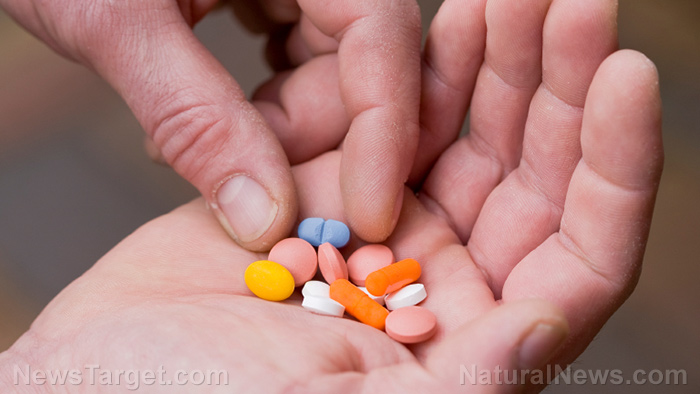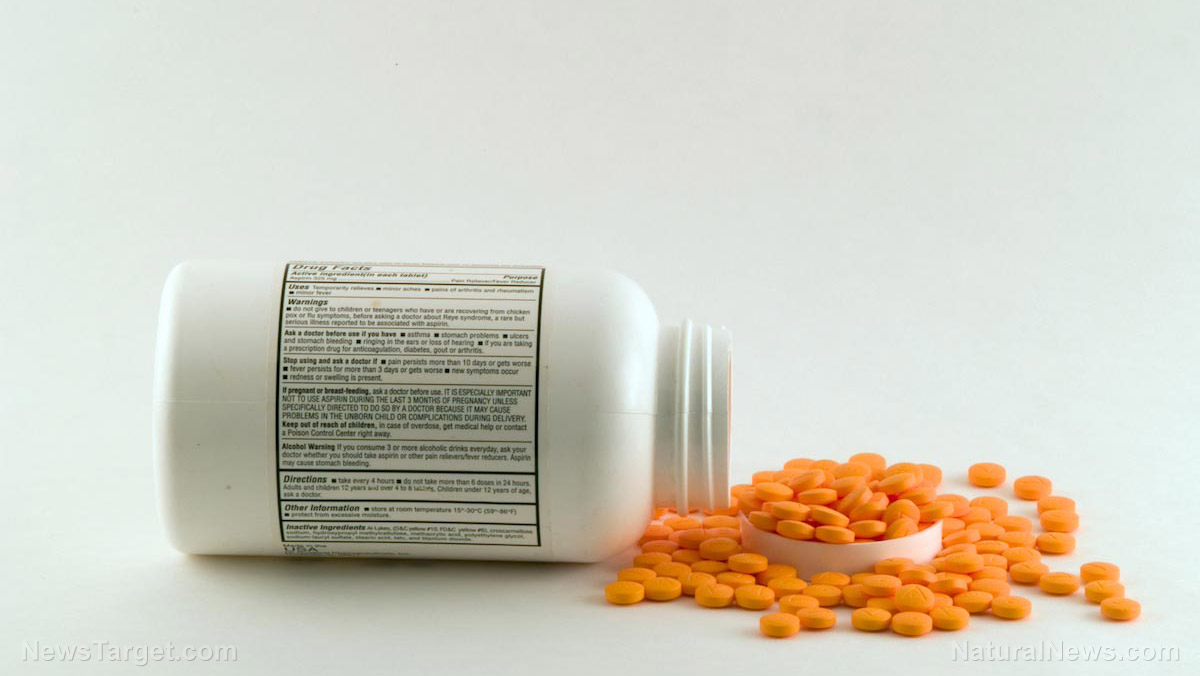Big Pharma is blocking efforts to halt the opioid epidemic… because there’s profit in POISON
02/16/2019 / By David Williams

The opioid addiction epidemic in the U.S. may be a problem longer than it has any right to be thanks to the efforts of Big Pharma, which is trying its hardest to block its treatment through one way or another.
According to Robin Feldman, a professor in pharmaceutical law at University of California, drug companies are literally able to “play games” in order to keep competition out and prices high in the pharmaceutical drug trade. These games are to blame for the astronomical prices on drugs that should have been made generic already, and are also the cause for further delays in generic drugs arriving to market in the first place.
Feldman cites an example of Suboxone, an addiction treatment drug that has a generic version which, all things considered, should have been released long ago. However, due to the current Big Pharma practices, its price remains sky-high and access problems still exist for it.
When oral film strips cost more than $500 per month, and even simple tablets cost $600 per month, you know that there’s a serious problem.
Games Big Pharma plays
It’s said that it can be hard to pin down exactly what is causing the sky-high prices on drugs that are in demand. But the problem is not a recent one — Feldman says that pharmaceutical game-playing has gone on and grown over the course of a few decades, and has now turned into a multi-headed monster that uses new tactics as soon as old ones no longer work.
One such game involved the filing of petitions at the U.S. Food and Drug Administration (FDA) that aim to raise baseless or frivolous concerns just so they can delay the generic competition. Some of the petitions were described as “stunning” in the sense that they were just so bizarre when you look at them.
And yet they were perfectly functional, and did the job that pharmaceuticals wanted them to do: Delay generic competitors. There were also petitions that simply “tie the application up in knots” and the FDA itself finds hard to discuss.
Of course, all of this isn’t unwarranted if you ask pharmaceutical companies. In their view, they need to do all of this, play all of these games, in order to recuperate the costs of researching, developing, and eventually producing new drugs for release to market. But according to Feldman, not only are they taking advantage of current laws in place that allow this, but they are also abusing their position in order to profit as much as they can. Feldman states, “One can understand the motivation – delaying entry of a generic competitor for even a few months can translate into billions of dollars in extra revenue for the brand-name company.”
“As I noted when testifying before Congress about such strategies, ‘A billion here, a billion there; that adds up to real money,'” Feldman added.
How addiction treatment is affected
All of this directly affects addiction treatment, and in a very negative way. The market for opioid addiction medicine is quite limited, and now it has become a truly complex problem that has many facets to it. For now, Feldman believes that there are no simple answers as far as solving the problem in this market is concerned. However, he’s sure about one thing: the system shouldn’t reward companies that are looking to profit from blocking competition. And until he gets his wishes, the American public will be paying the price.
Sources include:
Tagged Under: addiction, Big Pharma, drugs, generic, opiates, Opioids, Overdoses, pharmaceuticals



















